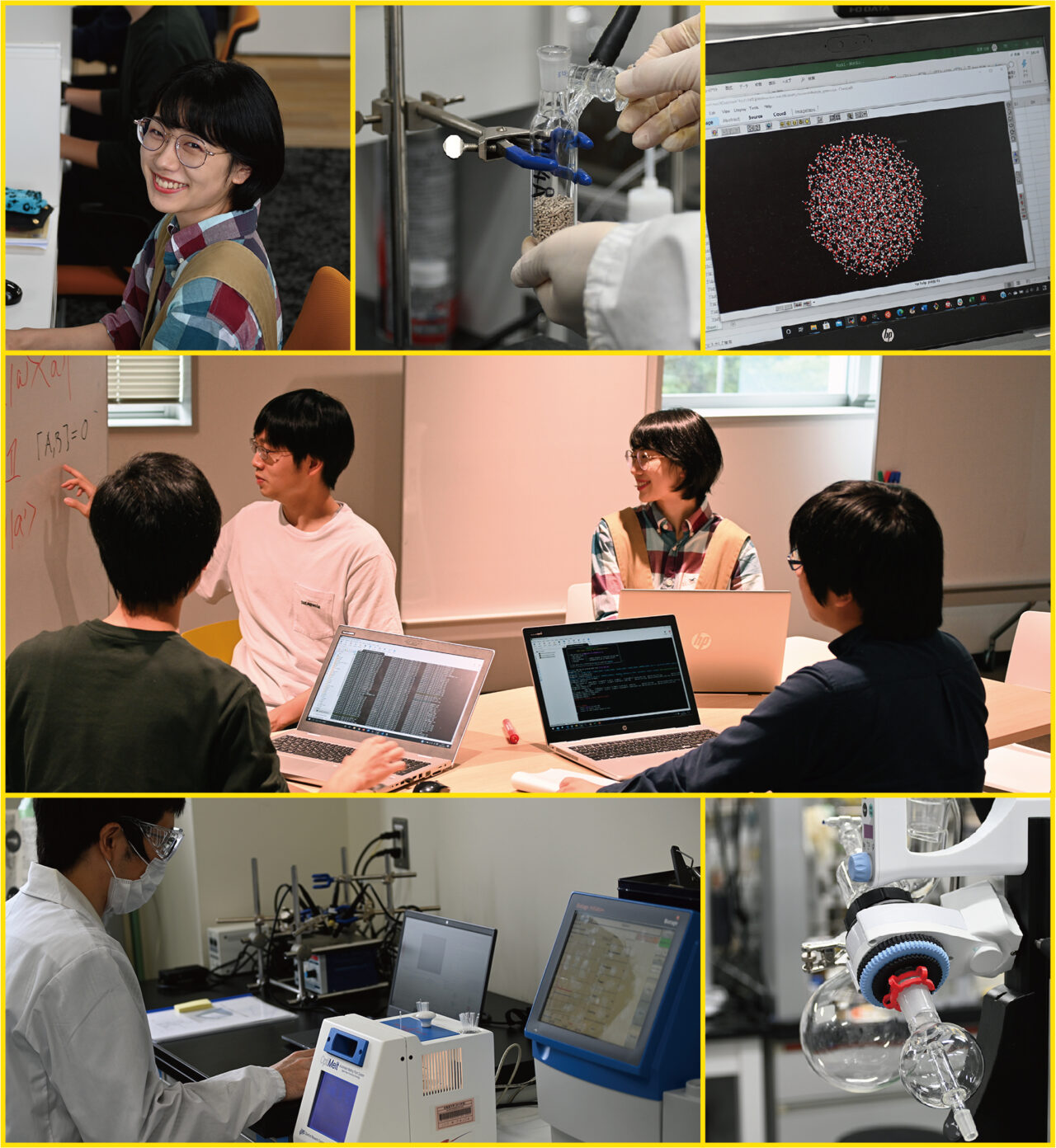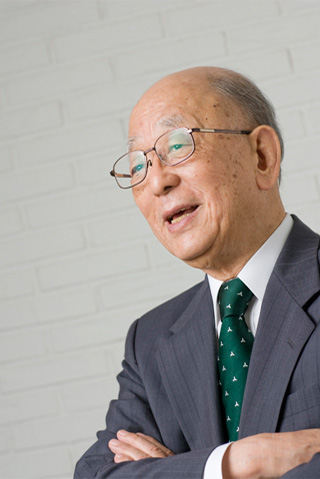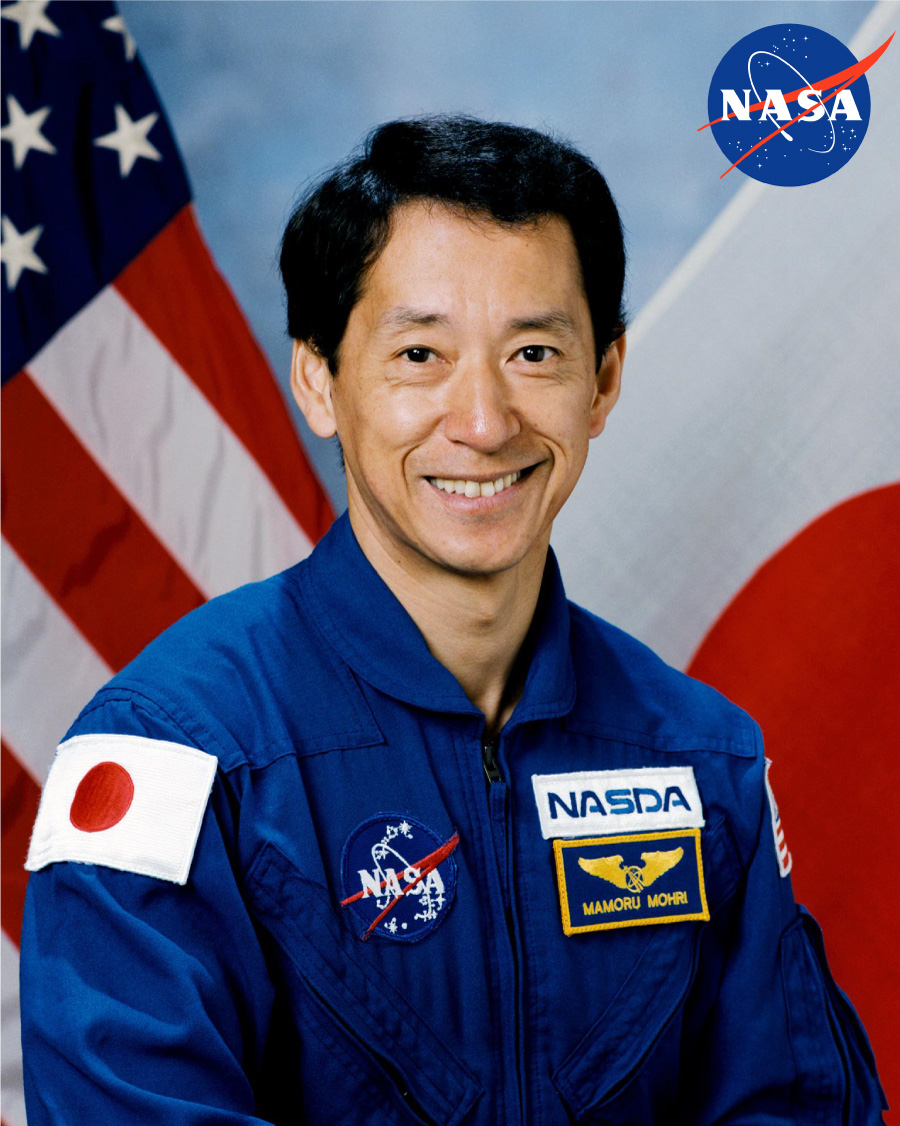Chemistry: Practical Science Contributing to Society
Chemistry is the exploration of matter; it involves the creation of molecules and materials, and investigation of their structures, properties, functions, and reactivity. Chemistry is everywhere: in space, on the earth, and in the human body. Corresponding to the wide range of topics in chemistry, the Department of Chemistry consists of main laboratories representing all sub-disciplines (physical, inorganic & analytical, organic, and biological), including interdisciplinary areas of physics and the life sciences. In addition, laboratories at the Institute for Catalysis, Research Institute of Electronic Sciences, and Institute for Genetic Medicine at Hokkaido University, and laboratories at the National Institute for Materials Science in Tsukuba, contribute cooperatively to the department.

Our Educational and Research Programs
The Department of Chemistry has provided excellent programs for undergraduates since 1930 and for graduate students since 1953. Emeritus Professor Akira Suzuki, a 2010 Nobel Laureate, studied in the department and received his Ph.D. degree in 1960. Dr. Mamoru Mohri, an astronaut, graduated from the department in 1970. Many other graduates are actively involved in cutting-edge research worldwide. In 2010, the integrated Graduate School of Chemical Sciences and Engineering was established to allow students study to chemistry in a broader context so as to flexibly respond to the needs of the times. All faculty members in chemistry participate in graduate training in cooperation with faculty members from engineering. The Department of Chemistry also maintains active research programs to contribute to human society.


